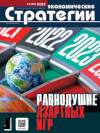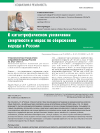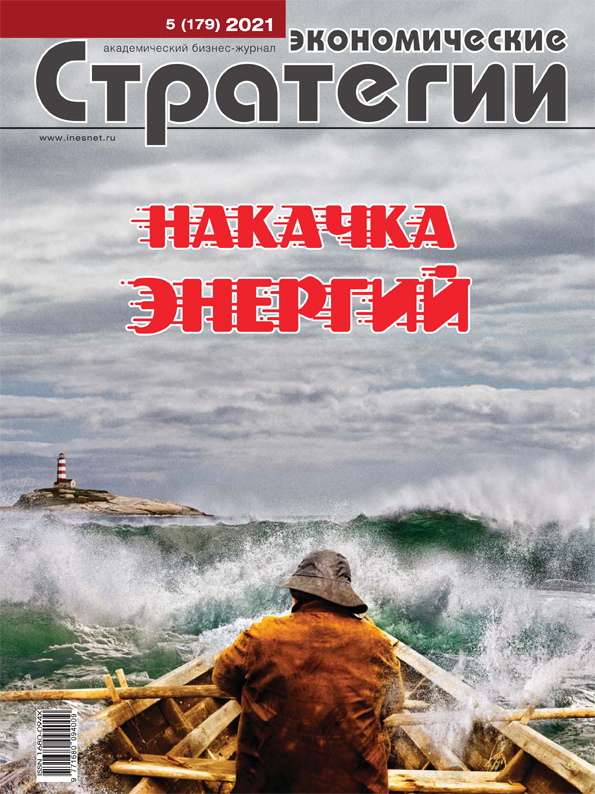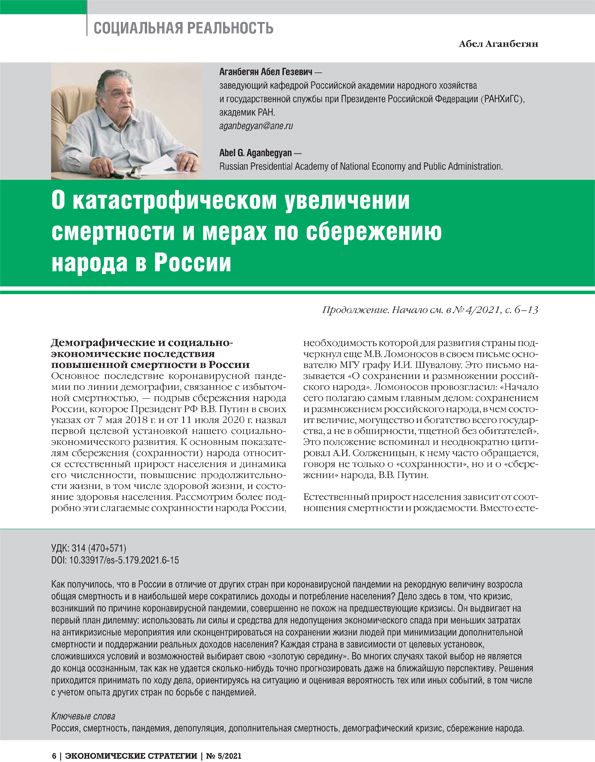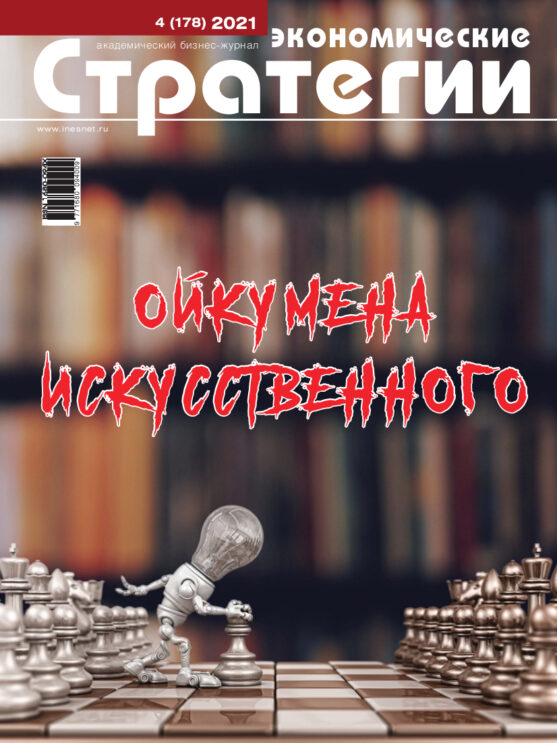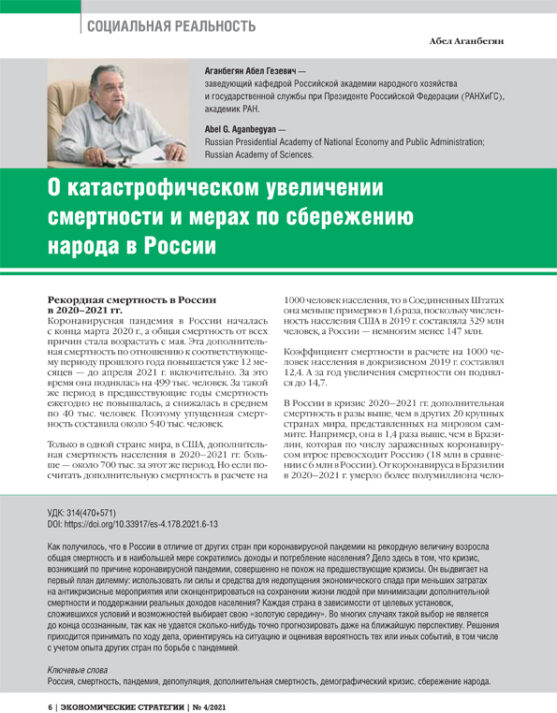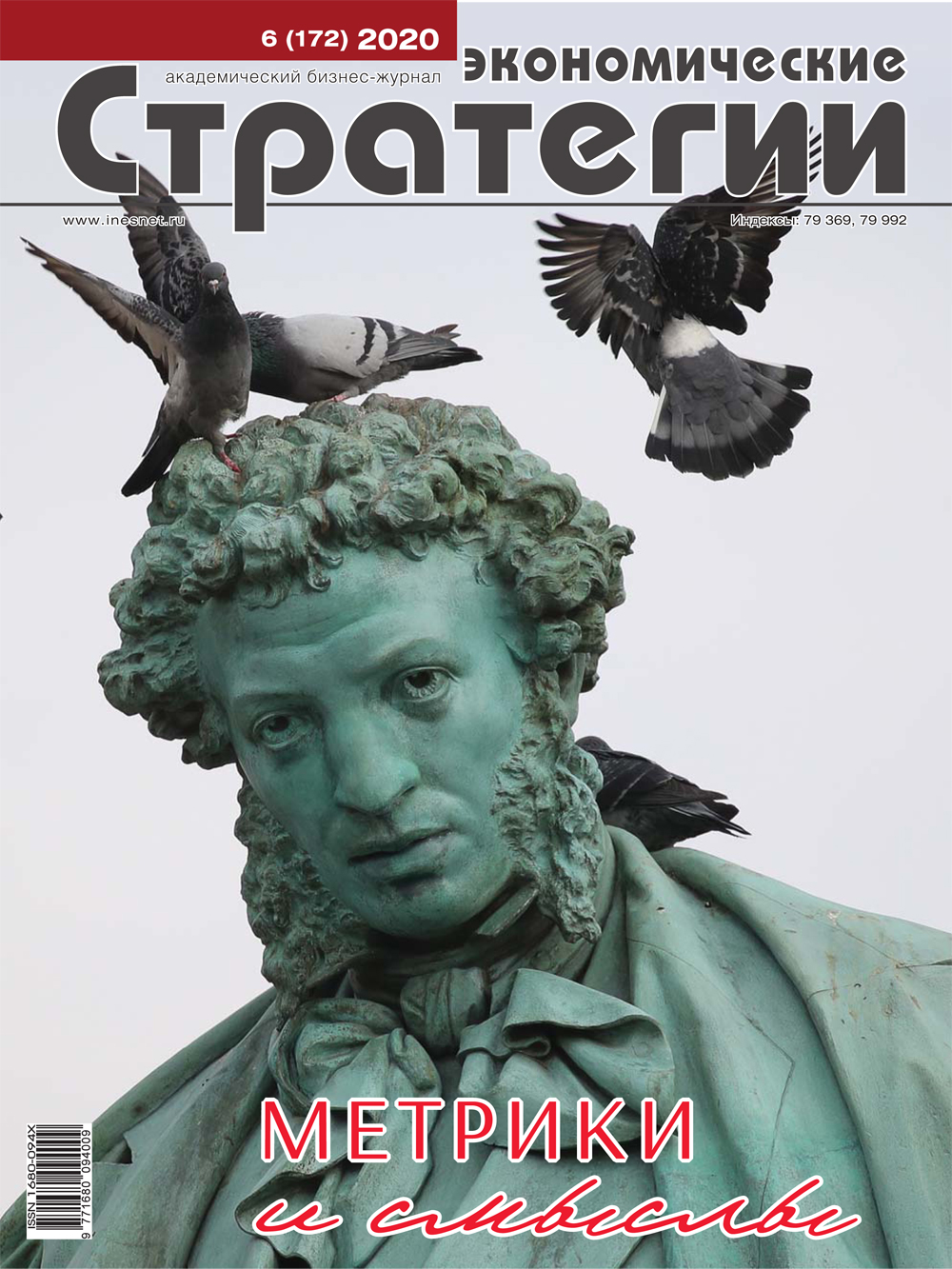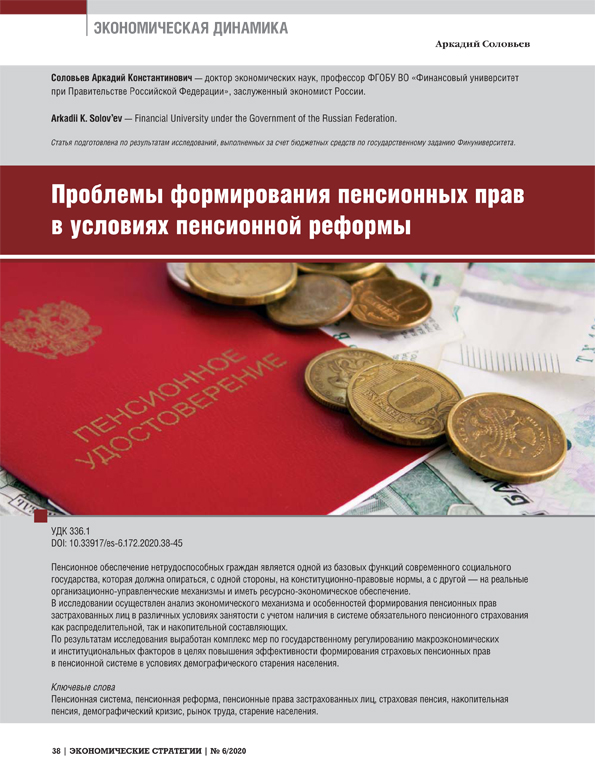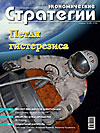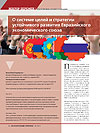Problems of Regulating the Population of Russia
DOI: 10.33917/es-4.190.2023.102-107
The authors dwell on the problem of establishing state institutions aimed at overcoming the depopulation of Russia in the context of the current demographic crisis. As an effective tool for creating conditions for implementation of the Social Doctrine provisions, a model of information interactions is proposed, which is formed in the form of a Situational Center. The authors show the tasks of the Situational Center as a regulator of cause-and-effect relationships between each of the controlled objects that determine formation of ways out of the demographic crisis. The author’s definition of information is given.
References:
1. Glaz’ev S.Yu. Ryvok v budushchee. Rossiya v novykh tekhnologicheskom i mirokhozyaistvennom ukladakh [Leap into the Future. Russia in the New Technological and World Economic Patterns]. Moscow, Knizhnyi mir, 2018, 768 p.
2. Yakovets T.Yu. Gosudarstvennoe regulirovanie sotsiodemograficheskikh protsessov v Rossii [State Regulation of Socio-Demographic Processes in Russia]. Moscow, Prospekt, 2019, 274 p.
3. Rimashevskaya N.M. Chelovek i reformy: sekrety vyzhivaniya [Man and Reforms: Secrets of Survival]. Moscow, ISEPN RAN, 2003, 392 p.
4. Luka (Voino-Yasenetskii), arkhiep. Izbrannye tvoreniya [Selected creations]. Svyatitel’ Luka, arkhiepiskop Simferopol’skii i Krymskii. Moscow, Sibirskaya Blagozvonnitsa, 2010, p. 598
5. Gegel’ G.V.F. Raboty raznykh let [Works of different years]. Vol. 1, Moscow, 1970, p. 265.
6. Luka (Voino-Yasenetskii), arkhiep. Dukh, dusha, telo. Izbrannye tvoreniya [Spirit, Soul, Body. Selected creations]. Svyatitel’ Luka, arkhiepiskop Simferopol’skii i Krymskii. Moscow, Sibirskaya Blagozvonnitsa, 2010, pp. 563–664.
7. Yakovets T.Yu. Demograficheskoe polozhenie Rossii [Demographic Situation in Russia]. Germaniya, LAP LAMBERT Academic Publishing, 2013, 76 p.
8. Yakovets T.Yu. O dvizhushchikh silakh obshchestvennogo razvitiya [On the Driving Forces of Social Development]. Filosofiya khozyaistva, 2012, no 4, pp. 25–30.
9. Sorokin Pitirim A. Glavnye tendentsii nashego vremeni [Major Trends of our Time]. Moscow, Nauka, 1997, 351 p.
10. Yakovets T.Yu. Formirovanie virtual’noi sistemy sotsiokul’turnykh tsennostei kak sledstvie razvitiya kul’tury vysokikh tekhnologii XX veka [Formation of the Virtual System of Socio-Cultural Values as a Consequence of the Development of a High-Tech Culture of the 20th Century]. Aktual’noe obshchestvovedenie. Vol. 2. Problemy i parametry. Moscow, Kostroma: Izdanie Kostromskogo gosudarstvennogo universiteta im. N.A. Nekrasova, 2001, pp. 101–107.
11. Yurkevich E.V. Informatsionnye osobennosti sochetaniya material’nogo i dukhovnogo aspektov sushchestvovaniya zhivykh system [Informational Features of the Combination of Material and Spiritual Aspects of the Living Systems Existence]. Filosofiya i kul’tura, 2012, no 9(57), pp. 17–27.
12. Yurkevich E.V., Leshchev S.V. Konvergentnaya kauzal’nost’: informatsionnye vzaimodeistviya v biologicheskikh sistemakh [Convergent Causality: Information


